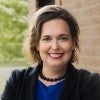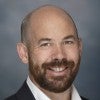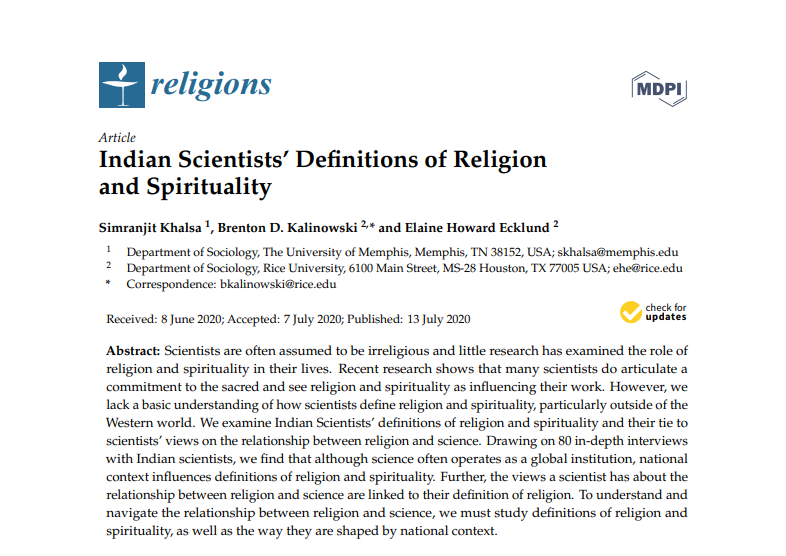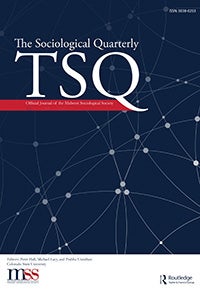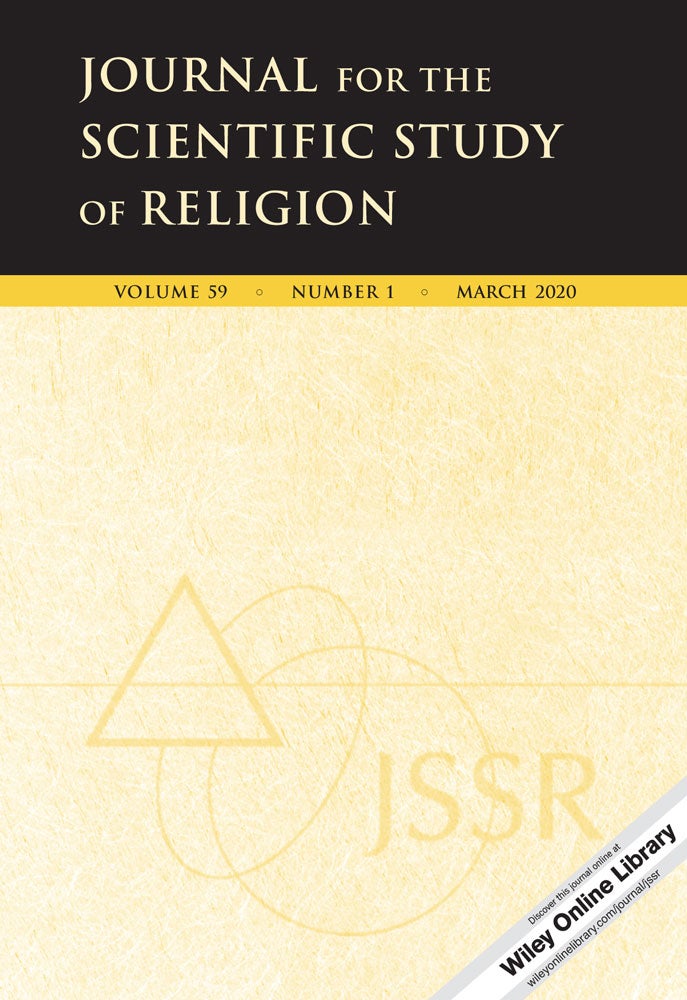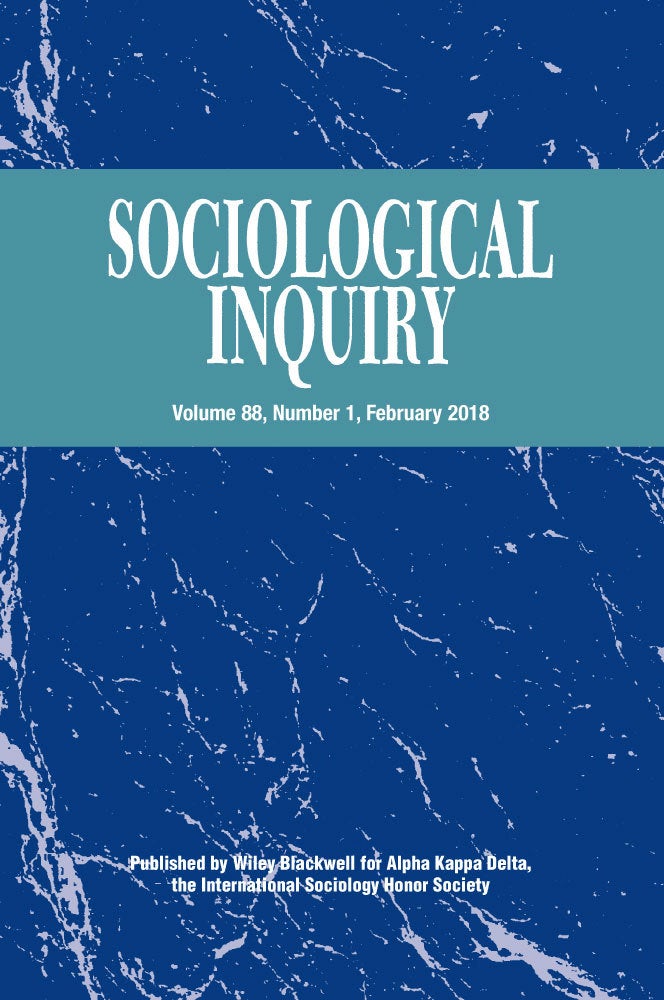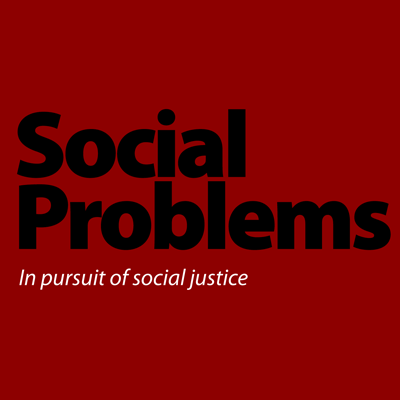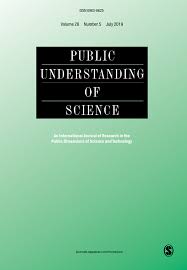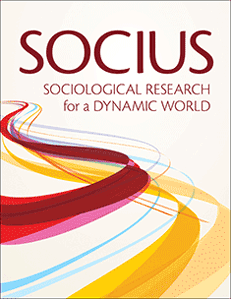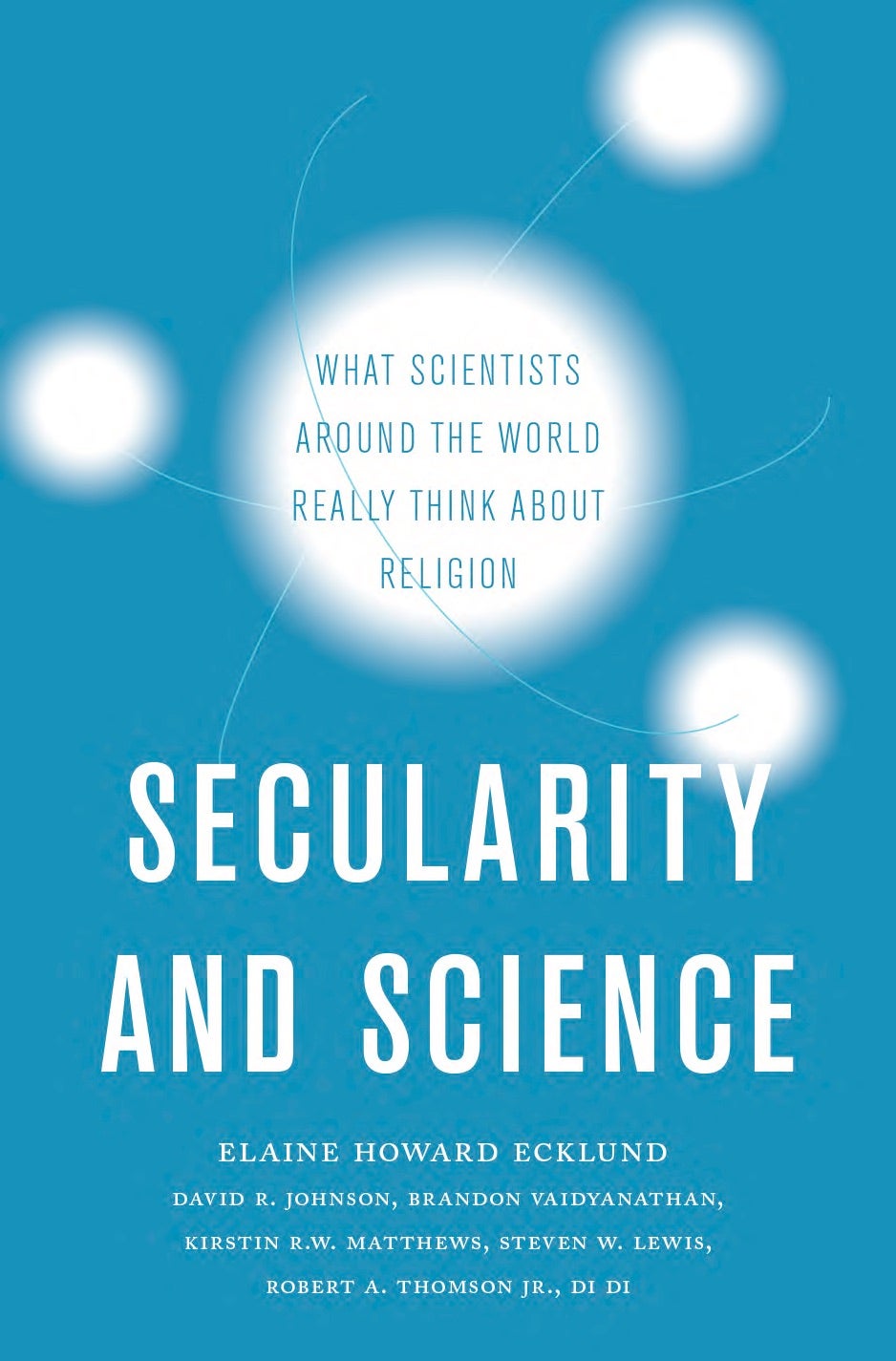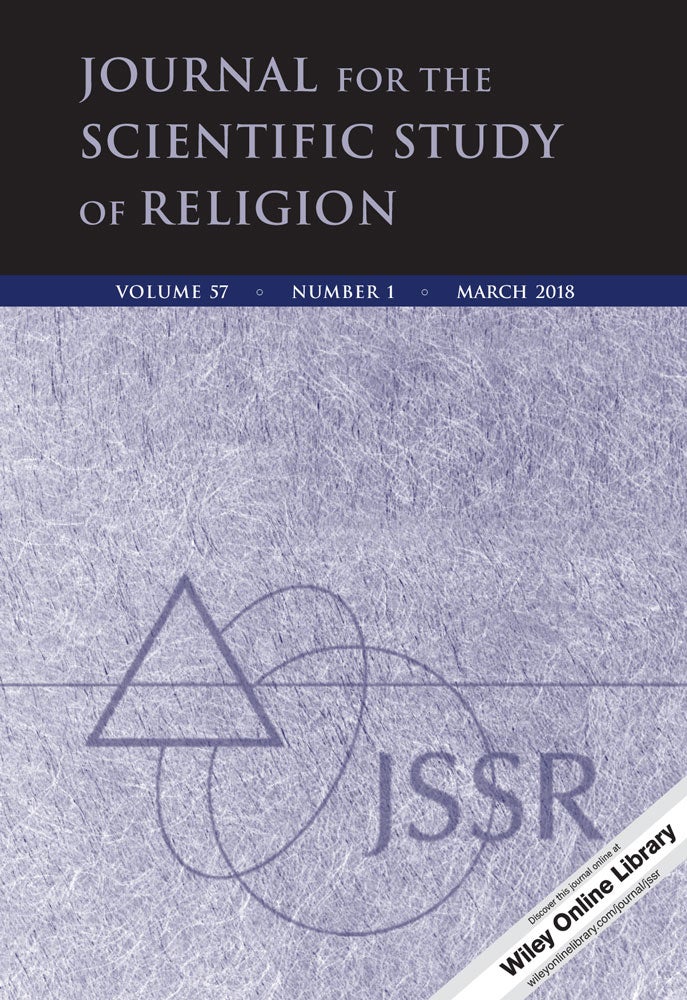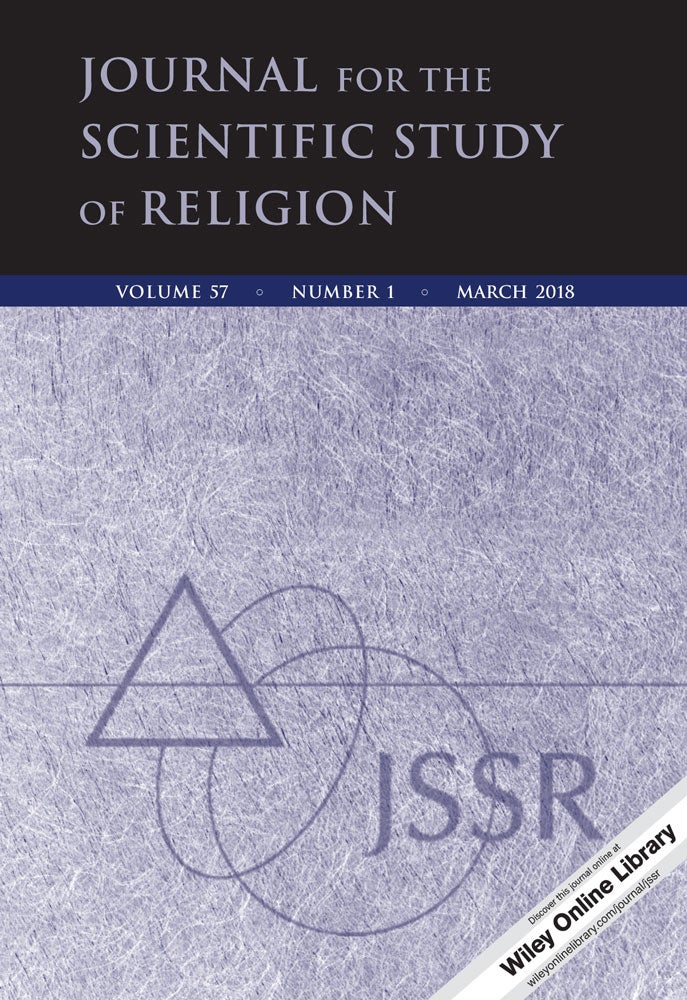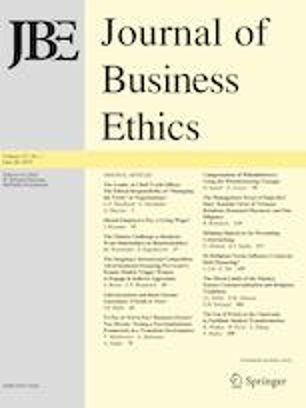The global dialogue on science and religion is rife with myths, misconceptions, and misinformation. This engagement initiative remedies that by providing scientists, thought leaders, and the public with the empirically based evidence from the largest international study of scientists’ attitudes towards religion, gender, and ethics ever undertaken, including a survey of 20,000 scientists and in-depth interviews with over 600 of them, that they need to answer critical questions about, as well as engage in informed discussion around, the relationship between science and religion. This project is part of an extensive effort by the Religion and Public Life Program to examine the religious identities of scientists and their views of spirituality that spans, and is based on, 8 years of data collection and builds on two of our previous projects:
- Religion among Scientists in International Context (RASIC)
- Communicating Outlooks for a New Global Religion and Science Synergy: The Interpretive Challenge (CONGRESS I)
Through this project, we will take our findings and put them back into the hands of the scientists that we studied. Designed to advance and expand understanding, dialogue, and consequential research on science and religion around the globe, this initiative will employ and implement a series of strategic lectures and workshops in seven different national contexts. We are also widely disseminating our research findings through books and other publications, like this booklet, to broaden the reach and impact of our findings. See below for more information about our past and upcoming lectures, workshops, and publications.
CONGRESS II is funded by a grant from the Templeton Religion Trust (TRT0203) and led by Elaine Howard Ecklund (PI) and David R. Johnson (co-PI).
- Events
-
Events
The goal of these events is to share our findings with a broad range of scientists through data-driven lectures as well as engage deeply in dialogue around the science-religion interface through workshops with a group of strategically selected thought leaders. We hope that these events will expose participants to new information and ideas that might lead to change.
Lectures and workshops will be held in Hong Kong, India, the U.K. (Oxford and Cambridge), the U.S. (Boston and Washington, D.C.), and Mexico.
To learn more about past events, click "EVENTS" in the related content menu below.
- Books
-
Books
Secularity and Science: What Scientists Around the World Really Think About Religion
Do scientists see conflict between science and faith? Do scientists in other countries view religion and faith differently? To answer these questions and more, the authors of Secularity and Science: What Scientists Around the World Really Think About Religion (Oxford University Press 2019), Elaine Howard Ecklund, David R. Johnson, Brandon Vaidyanathan, Kirstin R.W. Matthews, Steven W. Lewis, Robert A. Thomson Jr., and Di Di, completed a comprehensive international study of scientists' attitudes toward religion. From this wealth of data, the authors uncovered the real story of science and religion. Many scientists – even atheists – see spirituality in science, and the idea that religion and science conflict is primarily an invention of the West.
Click here to purchase a copy of the book.
Varieties of Atheism in Science
Many in the public around the globe think that all scientists are atheists and that all atheist scientists are New Atheists, militantly against religion and religious people. But what do everyday atheist scientists actually think about religion? Drawing on a survey of 1,293 atheist scientists in the U.S. and U.K., and 81 in-depth interviews, this book explains the pathways that led to atheism among scientists, the diverse views of religion they hold, their perspectives on the limits to what science can explain, and their views of meaning and morality. The findings reveal a vast gulf between the rhetoric of New Atheism in the public sphere and the reality of atheism in science. The story of the varieties of atheism in science is consequential for both scientific and religious communities and points to tools for dialogue between these seemingly disparate groups. Published on August 2, 2021 with Oxford University Press.
- Other Publications
-
Other Publications
Publications from this project aim to broaden the reach and impact of our findings beyond scientists and academics as well as expand empirically based dialogue on science and religion. They will cover a variety of themes from our research.
Project leaders Ecklund and Johnson have written "Generating Dialogue on Science and Religion: From Ideas to Practices" to share lessons learned as well as practical tips for dialogue. To learn more about other articles and books related to this project, click "PUBLICATIONS" in the related content menu below.


